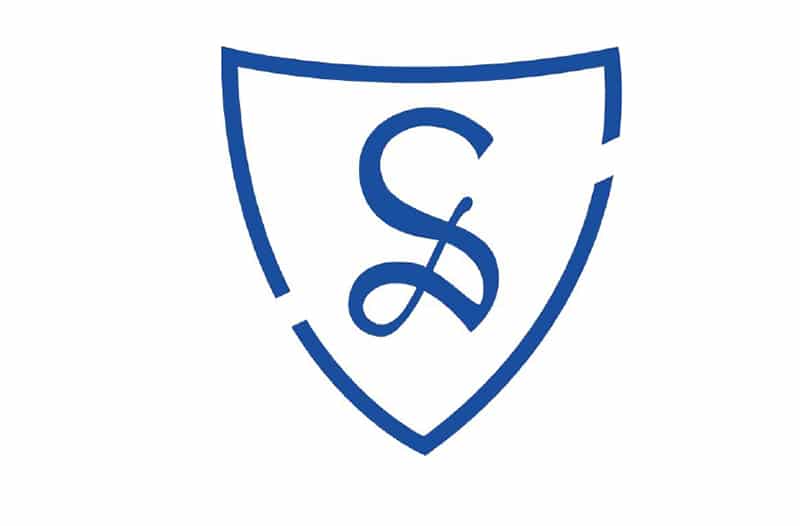by Mike Knaak
editor@thenewsleaders.com
As a first step toward addressing its education equity issue, the Sartell-St. Stephen school board heard a proposal from Equity Alliance MN. The Woodbury-based consultants work with schools to research and develop plans to provide equitable education for all students.
The issue arose earlier this summer after the killing of George Floyd in Minnesota and a renewed interest on systemic racism. On June 24, students, teachers and community members shared stories of racism, insensitive, hurtful comments about religion and failed attempts to correct the problems.
Sebastian Witherspoon, the Equity Alliance MN executive director, outlined how an equity audit would work if the board decided to hire his firm. Witherspoon’s experience includes 10 years with the St. Cloud school district where he was director of equity services.
An audit would start with research and data on the district’s performance as well as a review of policies. From the research, the audit team would set priorities and identify the district’s most pressing needs. Gaps would be addressed by looking at causes and proposing ways to eliminate them. At the end of the process, the team would create a multi-year action plan.
Board members asked Witherspoon to describe in detail how an audit would work.
Pat Marushin asked about how data collection and research would take place. Sebastian described multiple actions including building and classroom observations, surveys, focus groups, community conversations and reviewing the district’s own data.
Board member Amanda Byrd wanted to know if the audit would go beyond racial issues to touch on social and economic concerns. Witherspoon said the “focus groups are where the rubber meets the road. Anything that’s important to a student or staff will come out in a focus group,” he said.
Board member Pam Raden asked about Equity Alliance MN’s experience in helping districts like Sartell-St. Stephen. Witherspoon said his group has worked with districts including Northfield, Monticello, Inver Grove Heights, Roseville, White Bear Lake and South St. Paul.
An audit and the resulting action plan is “aimed at all students, not just students of color,” Witherspoon said.
Normally, an audit begins in October after students and teachers get into a routine. The data and research portion takes about three months before beginning the review and crafting an action plan. Marushin wondered about how Covid-19 conditions would affect the in-school work. Witherspoon said the focus groups and walk-throughs could take place any time during the school year.
During the listening session, several speakers raised the need for an equity director. Board member Jason Nies asked when in the audit creating that position would be appropriate. Witherspoon suggested the best time would be when developing an action plan begins. He said it would be “short-sighted” to hire that position before an audit begins.
The board took no action on the proposal.
Covid-19 update
Schools across Minnesota are waiting to hear the week of July 27 the governor’s plan for opening schools. In the meantime, Superintendent Jeff Schwiebert said principals and staff are working on plans for each of the three possible scenarios for fall. Educators were directed to prepare for three possibilities: in-school instruction with social distancing and hygiene requirements; a hybrid plan with 50 percent capacity; a return to distance learning.
Administrators have posted specific details about fall plans at www.sartell.k12.mn.us/backtoschool. A survey was sent to all parents asking about fall plans such as if they planned on sending their children back to school. The survey closes July 28. The website includes a video from Schwiebert detailing the district’s Covid-19 planning process.
“Safety has to be our No. 1 concern,” Schwiebert said in the video. “We desperately want our kids to be in school. As a school superintendent, as a grandfather watching my grandkids, I know how much more they get from in-person learning than they get being at home with their parents having to provide education at the same time their parents have to make a living.”
Once the state has issued its directive, the board plans to meet on Aug. 5 to settle on a detailed plan.
During the summer, the high school has been open for athletes. Activities Director Ryan Hauge said health safety plans include symptom screening, controlling entrance and exits, wearing masks and keeping students in smaller “pods.” He said as far as he can determine, there has been no athlete-to-athlete transmission.
Hauge said he and other activities directors are preparing for fall sports without fans or with a limited number of fans. Sports could go ahead with a limited number of spectators and streaming of events.
The Minnesota State High School League will announce its rules after the overall re-opening plan is settled.



